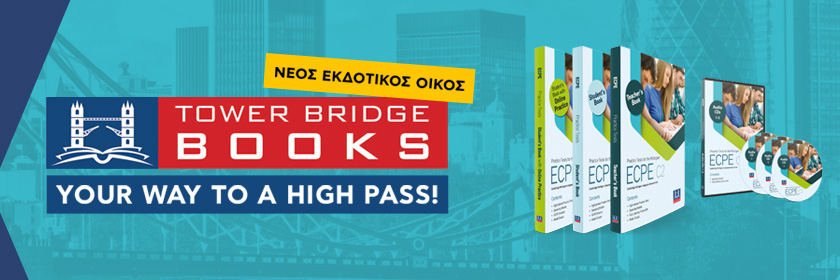Teacher’s Books. When I started working at school after ten years as a university lecturer/instructor, I did not know the first thing about teaching children. By an incredible coincidence, Heinemann Publishers representatives came to Siberia looking for EL teachers who would agree to make trial runs with their new textbooks; I was the only volunteer. I lugged back a set of 30 student & activity books and one Teacher’s Book. Once I Began reading it diligently, I realized that I was saved: everything I ever needed to know about teaching beginner/elementary level, age 8-9, was there. Later, Longman-Pearson publishers, and then the Russian ones followed. I piloted course books for all school levels and wrote about my experiences in various national educational newspapers and magazines.
International Internet Projects. George Soros, the well-known philanthropist, visited our school and donated a computer class with internet connection and its own server to it. I began teaching all the students and teachers how to use the computers and the internet. Searching for ways to integrate the new technologies into the lessons, I wrote to IEARN (International Education and Resource Network). There are plenty of projects for all levels and ages to choose from. We embarked on two projects, “Kindred” and “The Local History”. Students wrote about their family, their town, made illustrations, found photos to accompany their writings. All my classes were involved. Gradually, some of my colleagues became interested in that kind of work. One of the chosen photos for May 8-9, Victory Day celebrations, shows my own mother as a young girl in May 1945. It appeared on various sites, on a calendar printed in Australia. For my family, it is an image of Spring, Youth and Peace.
Lesson Plans. English To Go editors taught me how to compose my own lesson plans and whole lessons, with central texts and all the usual tasks. This format seems so natural, so typical today, yet it was a novelty at the end of the 1990s. First I created lessons based on Reuters News articles for the site, then I went on to compose my own texts and tasks. As I read J.K. Rowling’s “Harry Potter” books with my own children and with my students, I composed several lessons based on her works. Eventually, one of the lessons I conducted with my senior classes was filmed by a national publisher, the film and my lesson plans were put together on a DVD and sold throughout the country.
Methodology. When Teaching English site appeared, I was probably the first foreign EL teacher to contact the editors. When offered a chance to write several articles for the emerging site, I agreed at once, though not without some trepidation. I have been publishing various articles for many years, with the local, national and international publications to my credit. TE presented a new challenge. The rules were quite strict; I received a template, and diligently followed the instructions. I find the format congenial and use the text arrangement approach quite often. It helps structure my own ideas into a coherent form.
Teacher Contests. There were some contests in which I had to take part simply because the school administration sent me to them. I demonstrated my lessons in new schools, with unfamiliar pupils, and presented our projects at various educational exhibitions. As many participants know, once you get the hang of it, any new competition comes naturally. True, the requirements and the format may differ, but the basics are the same: you have to show your work to advantage. At the annual Teacher of the Year events, for instance, I had to present my own methodological writings and to conduct several lessons at city schools. Intel contests included the usage of ICT; when 60 national winners went to a three-day event near Sat. Petersburg, we had to make several presentations, deliver talks, and take part in many interactive workshops. Any level teacher contest is a good way to look at yourself, to choose representational materials, and to communicate with your colleagues who have similar aspirations.
Sharing. A Ph.D. at school is a rare phenomenon. After the first year of teaching, I was asked by the educational authorities to conduct a refresher course for the city EL teachers. A special emphasis was to be placed on the use of ICT and international projects as part of the curriculum. Since then, I have conducted countless courses, delivered lectures and coordinated workshops at many conferences. Open lessons which can be visited by town colleagues have been a standard part of my work for many years.
Flexibility. We teach communication in a foreign language. We have to deal with mixed ability classes. We are human, though some pupils may think otherwise. I would like to see more freedom of choice, more flexibility for teachers, more opportunities for creativity, more international cooperation, more chances to travel. Less paperwork. Higher salaries. If we dream at all, we should dream big!








